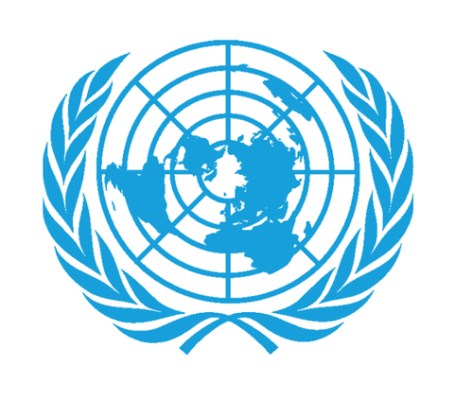Google and much of the tech press are collectively freaking out over the alleged United Nations plot to “take over” the Internet being proposed at a gathering of the International Telecommunication Union (ITU), but alarmists ignore a very important fact: The United Nations has little authority and even less historical effectiveness.
“The ITU has no enforcement powers,” explains Milton Mueller, Syracuse University Professor of Information Studies and author of Networks and States, “which is one of the reasons why the idea that the ITU can somehow take over the Internet is a pretty strange one. Because if the treaty does something that is fundamentally inimical to what the US or other countries want done with the Internet, then they would simply not ratify it.”
The international gathering in Dubai convenes democracies and dictatorships alike to explore the future of international Internet regulation. Currently, the Internet is stitched together with a loose patchwork of voluntary standards and nonprofits who agree on how data should be shared and websites should be owned [PDF]. The Internet Corporation for Assigned Names and Numbers (ICANN), for instance, controls all of the Internet’s top-level domains (i.e .com and .org) and recently authorized the sassy .xxx playground for naughty websites (among other domains). Like the Internet itself, the decentralized “multi-stakeholder” organization structure has resisted top-down control from any one government.
One of the “fathers” of the Internet, Google Chief Evangelist Vint Cerf, would like to keep it that way. “A state-controlled system of regulation is not only unnecessary, it would almost invariably raise costs and prices and interfere with the rapid and organic growth of the internet,” he wrote in a CNN interview. And, in a less diplomatic moment with Reuters, he said “These persistent attempts are just evidence that this breed of dinosaurs, with their pea-sized brains, hasn’t figured out that they are dead yet, because the signal hasn’t travelled up their long necks.”
Basically, there are two main fears. Over the long term, authoritarian-leaning Middle Eastern would like to make censorship and spying easier (with deep packet inspection) and hand over the role of important nonprofits, such as ICANN, to the ITU. More realistically, developing nations would impose a “sender pays” fee on incoming traffic, much like big international phone-call fees that were once charged by host governments.
The reversion back to a telephone-like pay system is intended to subsidize digital infrastructure projects in developing nations. “The brutal truth is that the Internet remains largely [the] rich world’s privilege,” said Dr. Hamadoun Toure, ITU’s secretary-general, speaking in support a greater governmental role in developing digital infrastructure While the egalitarian intentions of the ITU are notable, the evidence on the impact of subsidies is ambiguous at best. Mueller and a recent correlative study from George Mason University finds that there’s no evidence that the sender-pays model of the telephone companies accomplished any of its intended infrastructure goals. “We know that those arguments are complete bullshit, in the sense the countries that tended to overcharge the most had the worst infrastructure.” (Libertarians, feel free to celebrate with unrestrained glee.)
ITU watchdogs seem to reluctantly acknowledge that there’s very little that the organization can actually do. A spokesman for the Center for Democracy and Technology writes to me in an email that the worry is “not that a particular provision makes it into the treaty that will cause something cataclysmic to happen — that’s not likely — but rather that we see the emergence of incompatible regional consensus over how to regulate the Internet.”
Instead, a lack of consensus could hypothetically inspire nations to abandon the voluntary framework of the Internet. Cerf and other concerned groups would sooner kill any problems in the crib rather than have to engage in a potentially competitive battle down the road.
Kudos to them for turning exaggeration into reality (and, given the importance of the Internet, some over-the-top-rhetoric might be worth it). “The ITU makes a very convenient and focused target for what is a more diffuse process of tension between nations states, and a nation state system, and the Internet,” Mueller concludes. “If you can focus people’s animosities and focus the cause of Internet freedom on a particular bad guy, then it’s much easier to understand.”
